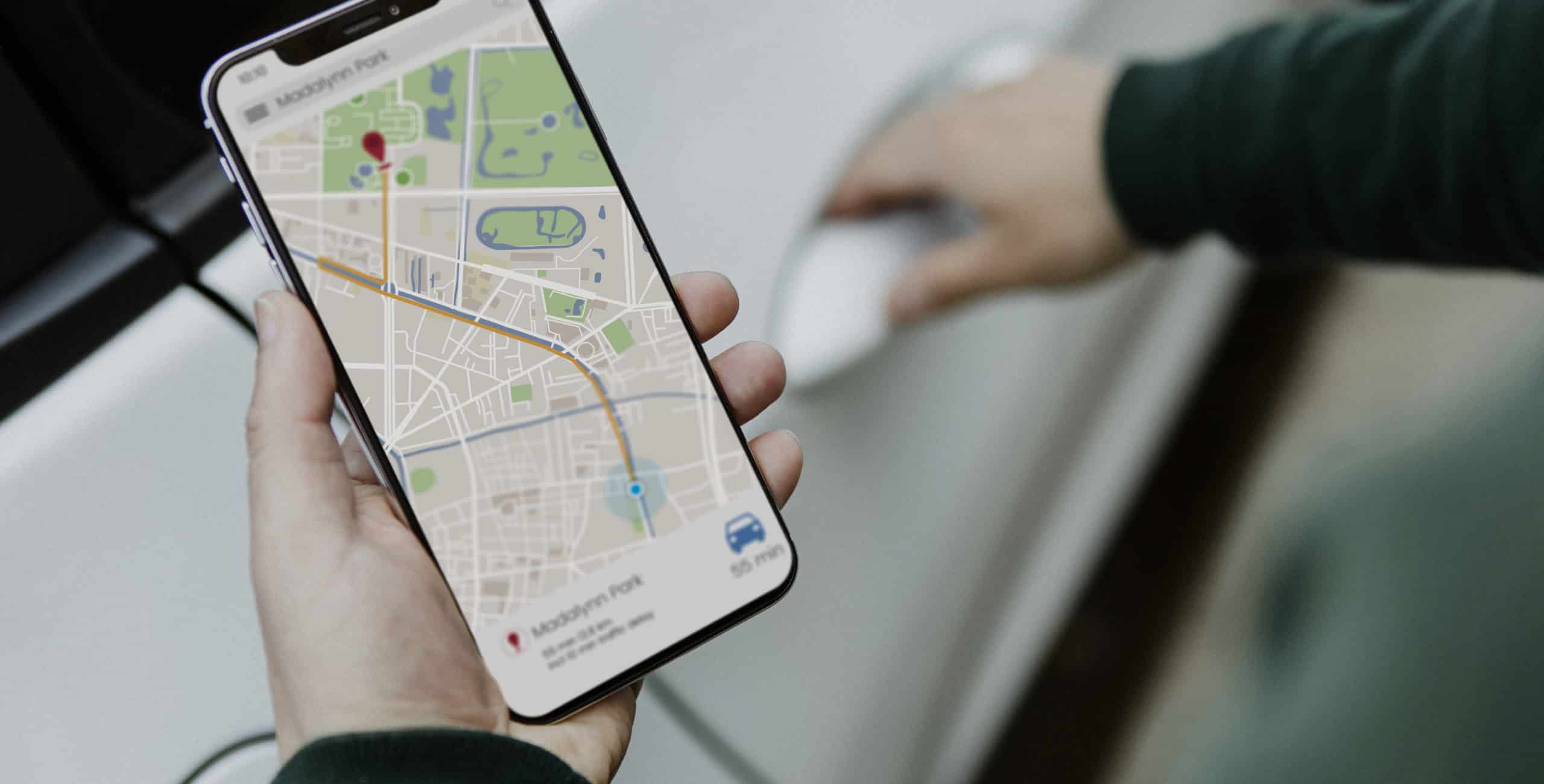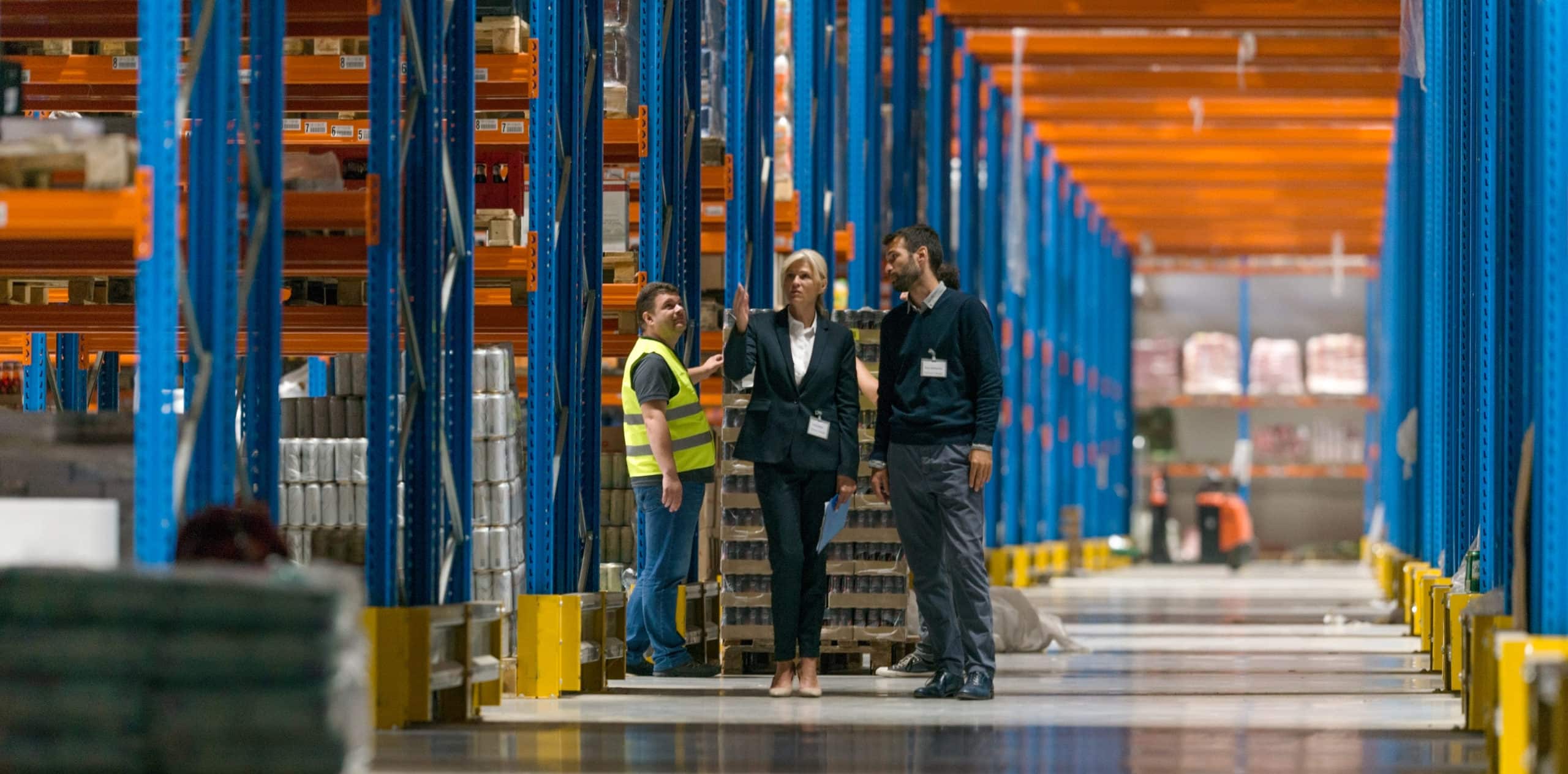Every delivery business has its challenges, but some are harder to spot than others. While rising fuel costs and customer expectations tend to steal the spotlight, the real budget-drainers are often hidden in plain sight: everyday dispatching mistakes that quietly eat away at your profits. From inefficient route planning to underused vehicles and missed delivery…
Maxoptra Blog
For fleet and logistics managers, few metrics offer as much insight, and potential for optimisation, as cost per mile (CPM). Understanding the true cost to move goods from point A to point B is not just useful; it’s critical. Whether you’re managing a fleet of five or five hundred vehicles, tracking CPM helps sharpen your…
In the age of real-time navigation and digital convenience, Google Maps has become a go-to tool for drivers everywhere. Whether it’s for finding the fastest way across town or avoiding unexpected congestion, it’s a helpful app for everyday journeys. But when it comes to commercial logistics, route planning for fleets, and high-volume delivery operations, relying…
The Growing Cost of Missed Deliveries Why Route Accuracy Has Never Mattered More In today’s landscape of real-time expectations, missed deliveries aren’t just an inconvenience – they’re a growing threat to profitability and reputation. With pressure mounting on logistics teams to deliver faster, more accurately, and more sustainably, route accuracy has gone from being a…
Summer may bring sunshine and holidays for most, but for logistics and delivery businesses, it marks one of the busiest and most challenging times of the year. Whether you’re delivering outdoor furniture, servicing air conditioning units, or fulfilling online retail orders, seasonal demand can skyrocket – and so can the pressure on your operations team….
Ever heard the saying, “It’s not the destination, it’s the journey”? When it comes to route optimisation for businesses, it’s actually both. Everyone’s racing to find faster, more efficient ways to deliver goods, services, and experiences. But here’s something often overlooked: success doesn’t just come from having the best route optimisation software, it’s about how…
In an age where consumers expect speed, convenience, and transparency, same and next-day delivery have become non-negotiable for many businesses. Whether it’s retail, food and beverage, or B2B logistics, companies are under mounting pressure to meet fast delivery demands while controlling costs and maintaining customer satisfaction. Achieving this delicate balance hinges on one key factor:…
In today’s logistics environment, last-mile delivery has become one of the most complex and costly stages of the supply chain. It’s the final step where goods are transported from a distribution hub to the customer’s doorstep—often the point where inefficiencies become most visible. With increasing demand for faster, more flexible delivery and rising environmental expectations,…
As your business expands, managing deliveries and optimising routes can become increasingly complex. Without a scalable route planning strategy, inefficiencies creep in, costs rise, and customer satisfaction may decline. Whether you’re operating a small fleet or managing a large logistics network, having the right approach to route planning ensures long-term success. In this blog post,…
When it comes to route optimisation, businesses often face a choice: rely on an internal system or an all-in-one solution (such as an ERP) or invest in dedicated route optimisation software. On the surface, using an in-house system or an all-in-one solution might seem like a cost-effective and convenient approach. However, many businesses quickly discover…
The world of delivery logistics has seen rapid change over recent years. Retail giants like Amazon and Tesco have invested heavily in automation to streamline operations, reduce costs, and improve efficiency. And with increasing customer expectations for fast, reliable deliveries, automation, this approach is no longer a luxury, it’s a necessity. This shift poses both…
The festive season is a time of joy for shoppers but can be a logistical headache for businesses offering delivery services. For many industries, the final weeks leading up to Christmas and the New Year sales can be chaotic. Last-minute orders, increased customer expectations, and tighter delivery windows make it essential to streamline your operations…
Posts pagination
Maxoptra System
© MaxOptra, 2023. Privacy Policy and Cookies












